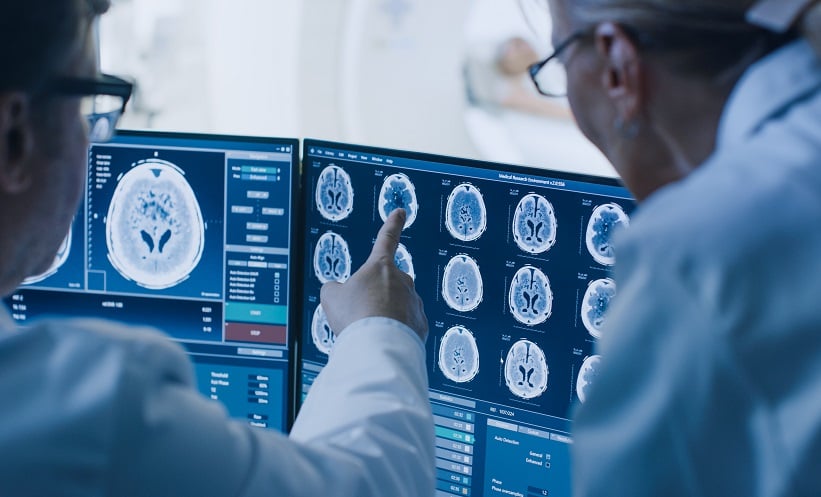A GROUNDBREAKING clinical trial testing QH104, an allogeneic B7H3-targeting CAR-γδT cell therapy, has shown promising results for patients with recurrent glioblastoma (rGBM). Conducted as a Phase I dose-escalation study, this is the first trial to test the novel CAR-γδT cells in humans, aiming to assess the safety and efficacy of the treatment in patients who have undergone previous standard therapies.
Seven adult patients with high-grade rGBM (2 females and 5 males, median age 60 years) participated in the trial, receiving intrathecal infusions of QH104 at escalating doses following the “3+3” method. The treatment was administered monthly, and the safety, tolerability, and preliminary efficacy were closely monitored. The median observation time was 6.5 months.
Results, as of March 30th, 2024, showed no dose-limiting toxicities. Common side effects included fever and headaches, with manageable increases in cytokines such as IL-6 and IFN-γ. Importantly, no cases of severe cytokine release syndrome (CRS), immune effector cell-associated neurotoxicity syndrome (ICANS), or graft-versus-host disease (GvHD) were reported.
The trial’s objective response rate was 42.9%, and all participants demonstrated disease control. Notably, the infused CAR-γδT cells persisted in the cerebrospinal fluid for over 30 days, and early data also indicated that higher B7H3 expression correlated with better clinical outcomes.
These findings suggest that QH104 is a safe and potentially effective therapy for treating B7H3-positive rGBM, warranting further study in larger clinical trials.
Helena Bradbury, EMJ
Reference
Li X et al. A phase I clinical trial of intrathecal injection of allogeneic CAR-γδT cells targeting B7H3 for the treatment of patients with recurrent glioblastoma. Abstract 4420. ESMO Annual Meeting, 13-17 September, 2024.








